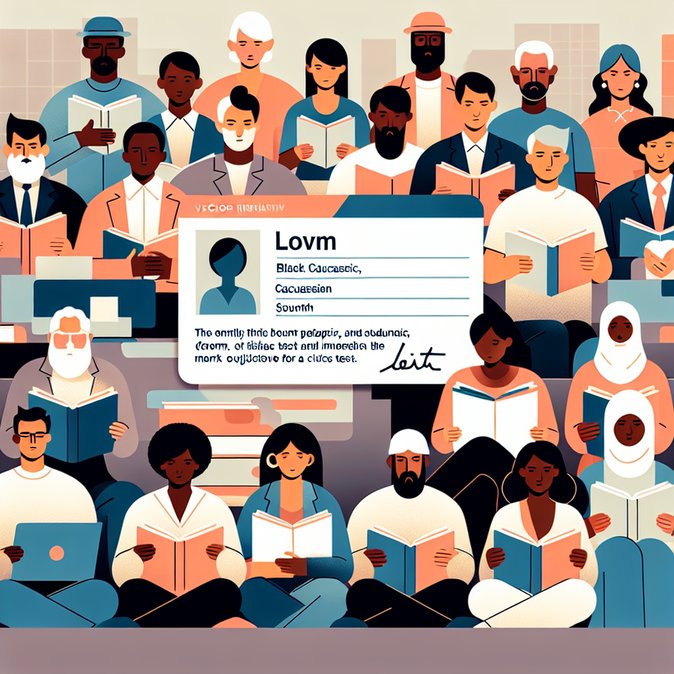
Foreign nationals living and working in France will soon have to clear a new hurdle before they can obtain long-term status. A decree dated 10 October 2025 and published this week introduces a mandatory forty-question, multiple-choice civics examination for most applicants seeking a multi-year residence permit, a long-term resident card or French naturalisation. The test – written entirely in French – will assess knowledge of republican values, the functioning of French institutions and everyday cultural references. Applicants will need to achieve a yet-to-be-confirmed minimum score; those who fail may retake the exam after completing additional integration classes.
The reform enters into force on 1 January 2026, giving employers and assignees just six weeks to adapt their mobility timelines. France’s Talent residence permit (formerly Passeport Talent) remains exempt, but intra-company transferees, local hires and family members who apply for standard multi-year cards will all be affected. HR teams should therefore build extra preparation time into assignment schedules and budget for French-language coaching where needed.
![France to Require Civics Exam for Multi-Year Residence Permits and Citizenship from 2026]()
Officials frame the measure as a response to public pressure for ‘demanding but fair’ immigration rules after months of parliamentary debate. Critics argue that the new test risks excluding lower-skilled workers and undermining France’s attractiveness at a time of labour shortages. Supporters counter that a formal exam replaces the inconsistent, prefecture-by-prefecture interviews that previously gauged integration.
Practically, the exam will be delivered at authorised centres operated by OFII (Office français de l’immigration et de l’intégration). Candidates will pay a €45 fee and receive results within ten days. The government plans to publish sample questions online in December, enabling training providers to design crash courses.
For mobility managers, immediate priorities include updating assignment checklists, communicating the change to employees already in France on short-stay visas, and confirming with immigration counsel whether family-reunification applicants must also sit the exam. Companies using the Talent permit should highlight its continued exemption when recruiting abroad – a message likely to resonate with highly skilled candidates comparing European destinations.
The reform enters into force on 1 January 2026, giving employers and assignees just six weeks to adapt their mobility timelines. France’s Talent residence permit (formerly Passeport Talent) remains exempt, but intra-company transferees, local hires and family members who apply for standard multi-year cards will all be affected. HR teams should therefore build extra preparation time into assignment schedules and budget for French-language coaching where needed.

Officials frame the measure as a response to public pressure for ‘demanding but fair’ immigration rules after months of parliamentary debate. Critics argue that the new test risks excluding lower-skilled workers and undermining France’s attractiveness at a time of labour shortages. Supporters counter that a formal exam replaces the inconsistent, prefecture-by-prefecture interviews that previously gauged integration.
Practically, the exam will be delivered at authorised centres operated by OFII (Office français de l’immigration et de l’intégration). Candidates will pay a €45 fee and receive results within ten days. The government plans to publish sample questions online in December, enabling training providers to design crash courses.
For mobility managers, immediate priorities include updating assignment checklists, communicating the change to employees already in France on short-stay visas, and confirming with immigration counsel whether family-reunification applicants must also sit the exam. Companies using the Talent permit should highlight its continued exemption when recruiting abroad – a message likely to resonate with highly skilled candidates comparing European destinations.


